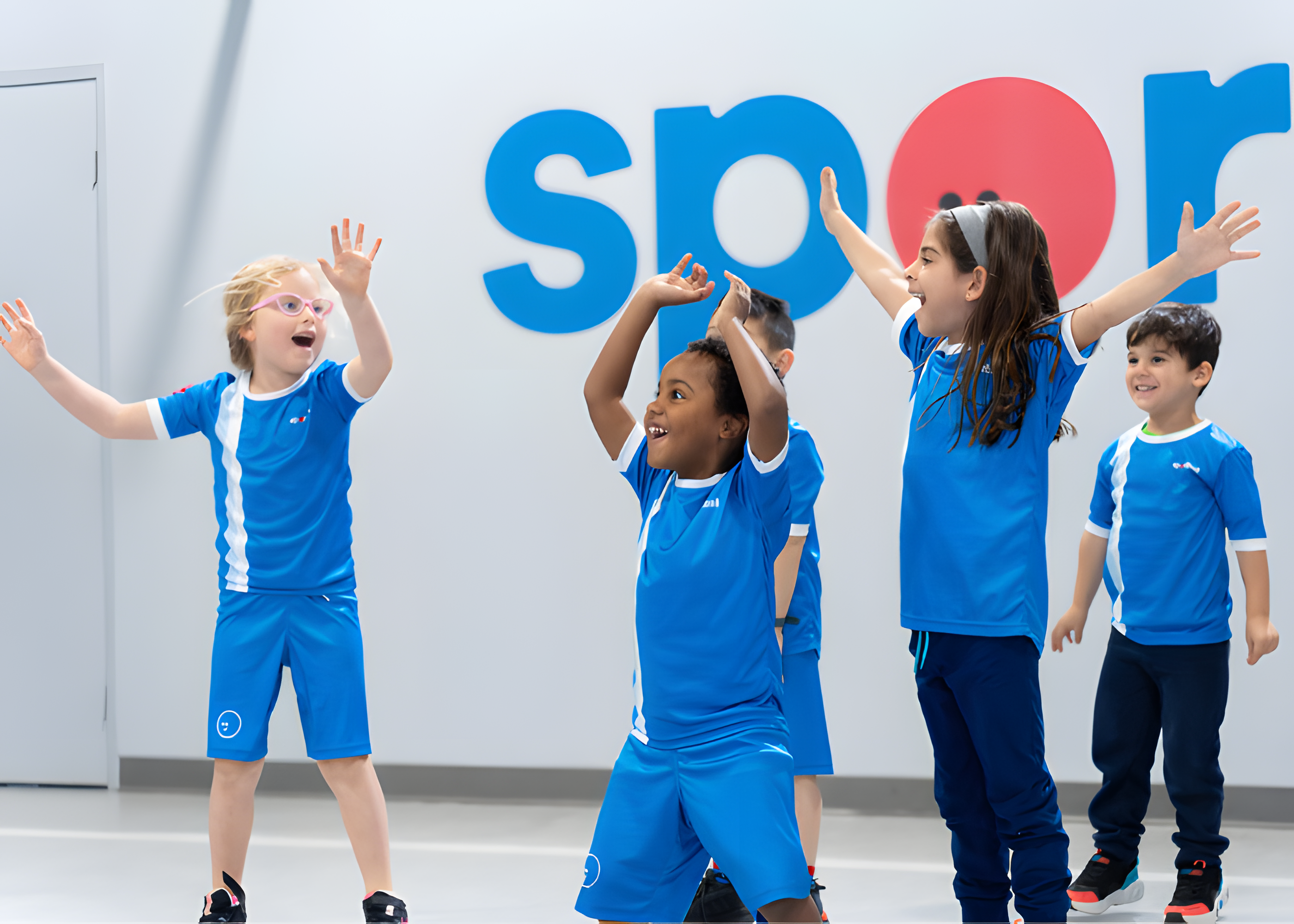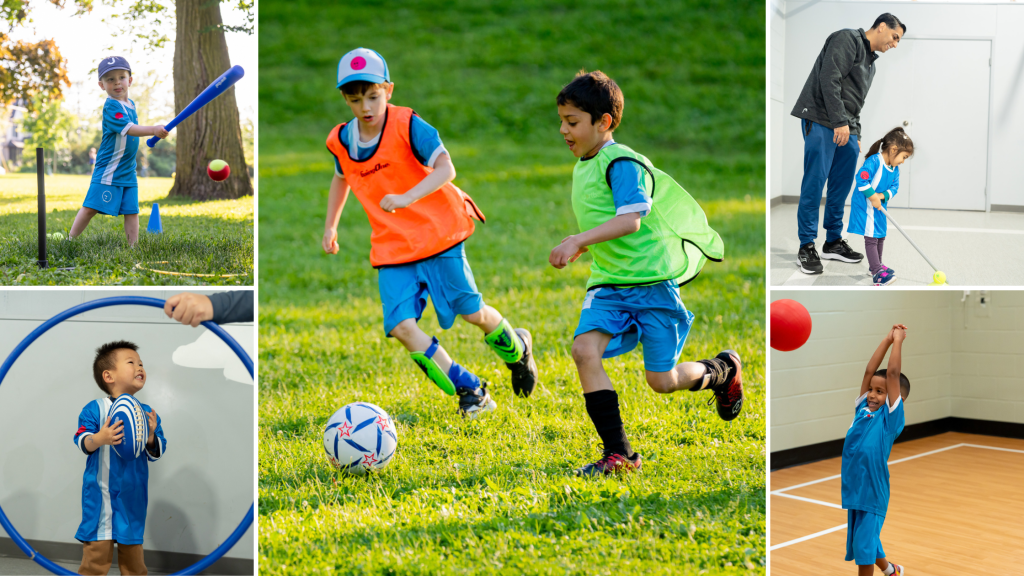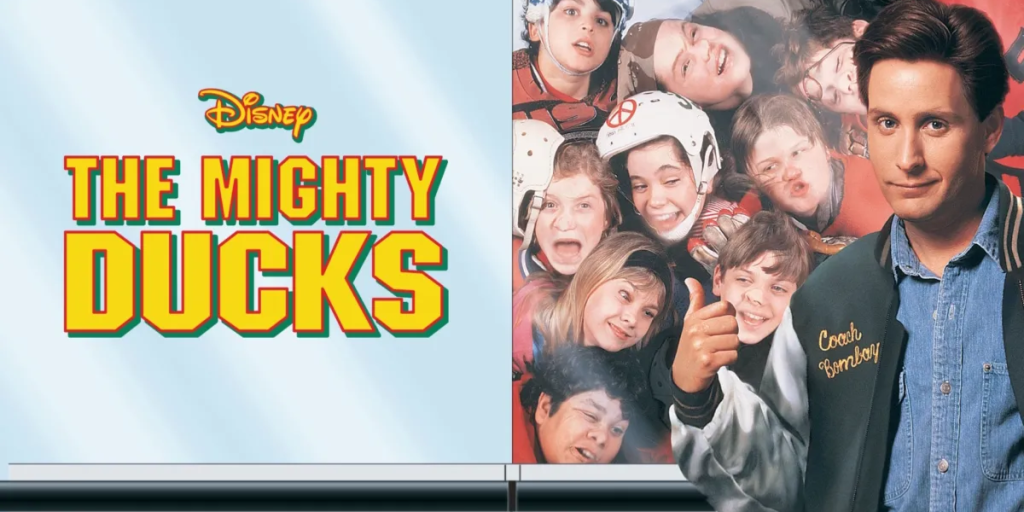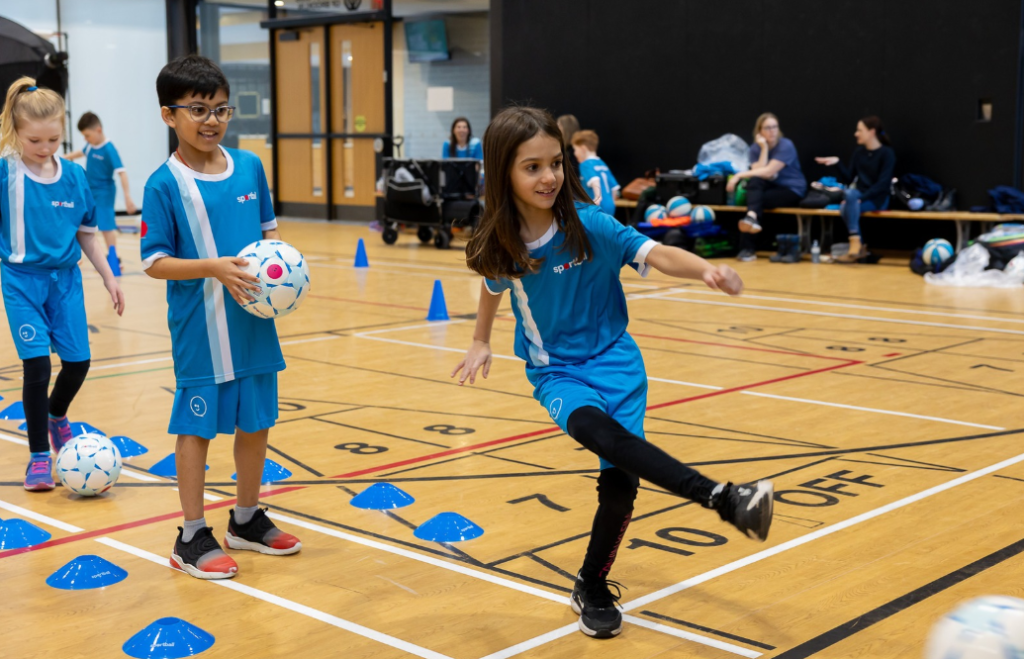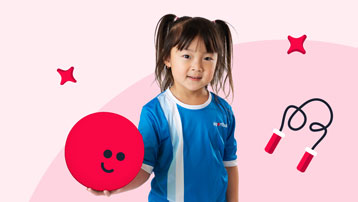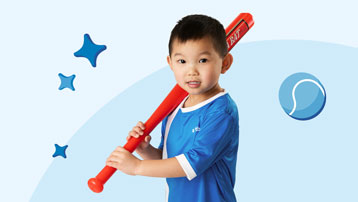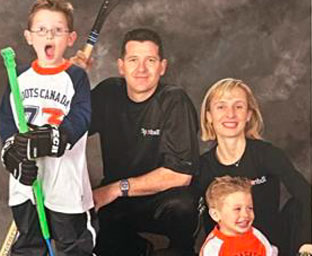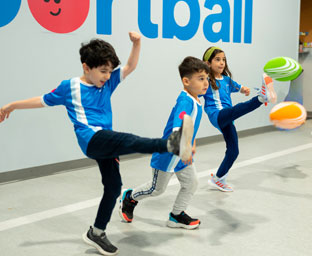There is growing recognition that sport programs are important contexts for developing the whole person. In other words, they are not only considered pastimes for children and youth to be physically active and learn how to play sports within, they are relied-upon as settings that teach important life and social skills. Some of the supplemental skills that participants may learn through sport include interpersonal skills (such as learning how to communicate and interact with others), cognitive skills (such as those involved in decision-making), and intrapersonal skills (such as learning how to set and achieve personal goals). Collectively, these skills help individuals successfully navigate life, as they are used in a variety of other contexts such as at school, at work, with peers, or at home.1
In the past, it was assumed that children adopted these important life and social skills through mere participation in sport alone (i.e., children work with teammates, therefore, they learn how to communicate with others) – a process referred to as implicit or indirect life-skill development1. However, in recent years, research supports the notion that explicitly teaching these skills (i.e., intentionally discussing what ideal communication between teammates looks like, and how it can be applied to other areas of life), contributes to greater life-skill and overall developmental gains in sport participants2. The forthcoming section will outline how Sportball has integrated these research findings into our existing program structure and philosophy.
Progressive Life and Social Skill Development at Sportball
At Sportball, we offer extensive coach-training and mentorship, designed to introduce coaches to our unique program methodology. This methodology is built-upon the belief that children should be Coached with Purpose, insofar that each sport skill that children are taught should entail a physical sport and gross-motor skill component, and an associated social skill. Our long-standing partnership with researchers in the Department of Occupational Science and Occupational Therapy at the University of Toronto has enabled us to create lesson plans that teach children appropriate gross-motor and sport-specific skills that align with key age and developmental milestones (i.e., Fostering Physical Literacy at Sportball). We collaborated with this research department again this past Spring to further refine our methodology with regard to social skill development – in an effort to determine what life and social skills best align with children’s age and developmental milestones, as well as how they can be more explicitly taught within our classes. The following is a break-down of the life and social skills that are the foci of each of our five distinct classes, which target the unique needs of children between 16 months and 12 years of age:
PARENT AND CHILD:
FIRST STEPS
(16-24 months)
Attention and Focus
Following Instruction
Spatial Awareness
Confidence
Turn-Taking
Participating in a Group
PARENT AND CHILD OR INDEPENDENT DROP-OFF:
ABC’S OF SPORT
(2-3 years)
Following Instruction
Turn-Taking
Pro-Social Language
Problem Solving
Sharing
Recognizing Peers
INDEPENDENT CHILD:
FUNDAMENTALS (3-6 years)
Turn-Taking
Problem-Solving
Sharing
Independence
Teamwork
Game Rules
INDEPENDENT CHILD:
SKILLS/TEAMPLAY(6-9 YEARS)
Strategy and Progressive Problem Solving
Group Play & Interaction
Leadership
Accepting Winning and Losing
Confidence
INDEPENDENT CHILD:
LEARN TO LEAD
(9-12)
Strategy and Progressive Problem Solving
Group Participation
Leadership
Response to Winning and Losing
Self-Perception
As illustrated in the table above, life and social skills progress in complexity across each of our sport classes in order to align with children’s age and stage of development. In addition to understanding this concept, Sportball coaches are taught how to introduce each life or social skill at the start of a class or lesson (i.e., “We will be playing basketball today. This sport requires that we share with our friends. Sharing means that we all get to play!”), as well as what key-words can be used during practices and post-practice debriefs to reinforce these lessons.
Overall, just like when introducing physical sport skills, we are conscious that life and social skills are best taught through coach demonstration, modeling, and continued practice!1 Find out what kids sports programs are available in your area, and help support your child’s journey towards learning important life and social skills today!
Sources:
1Gould, D., & Carson, S. (2008). Life skills development through sport: Current status and future directions. International Review of Sport and Exercise Psychology, 1(1), 58-78.
2Bean, C. N., & Forneris, T. (2016). Examining the importance of intentionally structuring the youth sport context to facilitate psychosocial development. Journal of Applied Sport Psychology, 28, 410–425.
